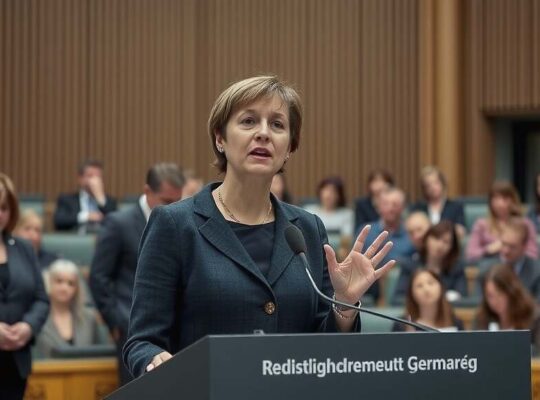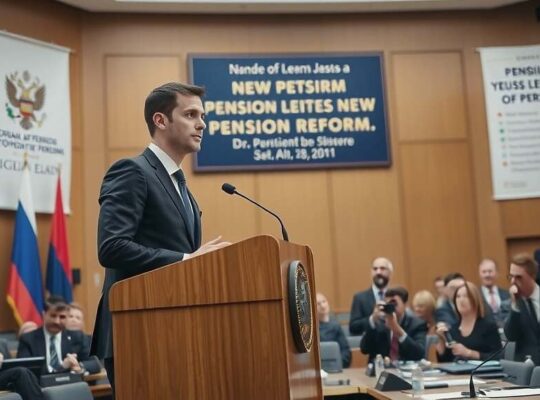A prominent voice within Germany’s economic establishment is escalating the debate surrounding the European Union’s planned ban on new petrol and diesel vehicles from 2035, arguing it is counterproductive and risks exacerbating climate damage. Clemens Fuest, President of the influential Ifo Institute, has publicly advocated for a reconsideration of the regulation, suggesting a shift towards integrating road transport into the EU’s Emissions Trading System (ETS) as a more effective solution.
Fuest’s critique, published in the Neue Osnabrücker Zeitung, centers on the argument that the outright ban creates a “Havanna effect”- incentivizing the prolonged use of older, more polluting vehicles rather than driving the adoption of newer, cleaner alternatives. He contends that these older vehicles, already in circulation, release significantly more CO2 than newer, more fuel-efficient combustion engines would, effectively undermining the ban’s environmental objectives.
The issue will be a key agenda item at a pivotal meeting of the German coalition government this week, with Bavarian Minister-President Markus Söder (CSU) among those pushing for a reevaluation of Germany’s position in Brussels. Söder, representing a region heavily reliant on the automotive industry, has consistently voiced concerns over the feasibility and fairness of the current policy.
Fuest’s proposal to incorporate road transport into the ETS framework suggests a different approach, one predicated on a substantial rise in fuel prices – a direct consequence of emissions trading. Such a price surge, he posits, would provide a powerful incentive for individuals to retire older, high-consumption vehicles. However, the economist acknowledges this strategy hinges on a critical acceptance of higher fuel costs from policymakers across Europe, a politically challenging prospect.
The intensifying debate highlights a growing division within the European policy landscape. While the 2035 ban was intended to accelerate the transition to electric vehicles and combat climate change, Fuest’s intervention underscores the potential pitfalls of blanket regulations and the crucial need for nuanced, economically sound climate policies. The backlash against the ban, already demonstrable in public opinion, further complicates the matter, raising questions about the long-term viability of a policy perceived as punitive and impractical.












